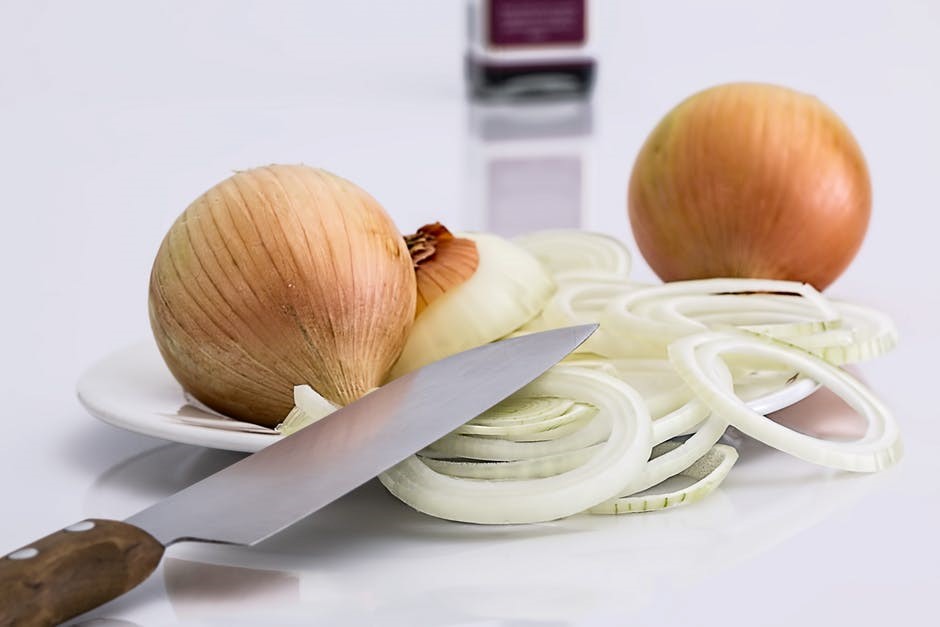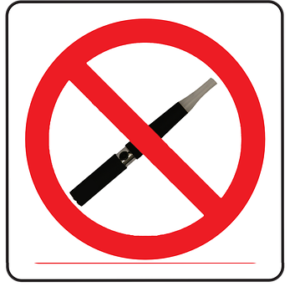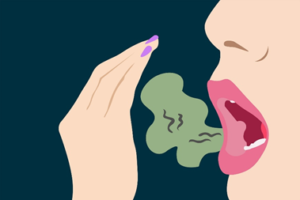
23226 Dentist
Our patients love using the intra-oral camera as part of their dental care experience. We are proud to offer a wide variety of dental health services for patients of all ages. As part of our ongoing dedication to providing effective dentistry and comfortable care, our expert dentist has integrated many advanced technologies. One of our patients’ favorites is the intra-oral camera.
The intra-oral camera is a very small device, about the size and shape of a pen. It is used to record images of your teeth, gums, mouth, and tongue from inside your mouth. Due to its small size and sleek design, it is comfortable, easy to use, and able to view a wide range of angles. The intra-oral camera is a safe and effective tool that can be used with patients of every age.
The intra-oral camera device is connected to a full color display screen and to a computer. Due to its small size and sleek shape, the intra-oral camera can view and record detailed images of your teeth from angles not visible to the naked eye. What’s more, the images it captures can be immediately viewed on the display screen by both you and our dentist.
Our experienced doctor finds the ability to immediately view digital images of your teeth to be a highly valuable resource for both diagnosis and treatment planning. With the intra-oral camera’s digital imagery, we can instantly view your teeth with much greater clarity than other methods allow. This can be crucial in ensuring early detection of serious dental health issues like periodontal disease or tooth decay. Early detection is a key factor in ensuring positive treatment outcomes.
What our patients most appreciate is that, by utilizing the viewing feature of the intra-oral camera, we can show you exactly what dental health issues we find. This has led to improved communication between our dental team and our patients. In addition, this visual medium assists our patients with greater understanding of the reasons and goals for our treatment recommendations.
Each time the intra-oral camera is used, a new disposable cover is employed, to ensure your health and safety at all times. After your exam, images captured by the intra-oral camera may be digitally stored, printed out, or deleted, depending on the individual need.
For more information about the intra-oral camera or to schedule an appointment, contact our office.
5700 Old Richmond Avenue, Ste A3, Richmond, VA 23228




 The hazards surrounding vaping are not entirely clear. More research is needed in this area, but a recent study indicates that e-cigarette vapors could be damaging to your mouth. Here’s what you need to know.
The hazards surrounding vaping are not entirely clear. More research is needed in this area, but a recent study indicates that e-cigarette vapors could be damaging to your mouth. Here’s what you need to know. Due to the anxiety or embarrassment it can cause, halitosis – or bad breath – can be difficult for many people to face. However, clean-smelling breath may be easier than you think. Try these solutions to overcome halitosis and regain your confidence.
Due to the anxiety or embarrassment it can cause, halitosis – or bad breath – can be difficult for many people to face. However, clean-smelling breath may be easier than you think. Try these solutions to overcome halitosis and regain your confidence. Oral health is important at every stage in life. Just because your children are going to lose their primary (baby) teeth eventually doesn’t mean that we can ignore the importance of dental care. Tooth decay can be painful and uncomfortable to treat. To protect your child’s smile, it is vital to understand optimal preventive care.
Oral health is important at every stage in life. Just because your children are going to lose their primary (baby) teeth eventually doesn’t mean that we can ignore the importance of dental care. Tooth decay can be painful and uncomfortable to treat. To protect your child’s smile, it is vital to understand optimal preventive care. Did you know that tooth decay is the single largest cause of school absences? The longer decay goes untreated, the worse it gets. Not only can this mean costlier expenses for you, but it also jeopardizes your child’s oral health and education. You can help your child have a healthy, happy smile by taking a few steps to defend against tooth decay. Here are three steps you can take at home.
Did you know that tooth decay is the single largest cause of school absences? The longer decay goes untreated, the worse it gets. Not only can this mean costlier expenses for you, but it also jeopardizes your child’s oral health and education. You can help your child have a healthy, happy smile by taking a few steps to defend against tooth decay. Here are three steps you can take at home. White spots on your teeth can be irritating and affect how you feel about your smile. The good news, however, is that they are preventable and rarely cause for concern. Here are things you should know about what causes white spots, how to prevent them, and what options are available should you already have them.
White spots on your teeth can be irritating and affect how you feel about your smile. The good news, however, is that they are preventable and rarely cause for concern. Here are things you should know about what causes white spots, how to prevent them, and what options are available should you already have them. A happy smile is a healthy smile! There are a number of steps you can take to keep your smile healthy by reducing your risk of developing tooth decay. Here are a few suggestions from our team.
A happy smile is a healthy smile! There are a number of steps you can take to keep your smile healthy by reducing your risk of developing tooth decay. Here are a few suggestions from our team.